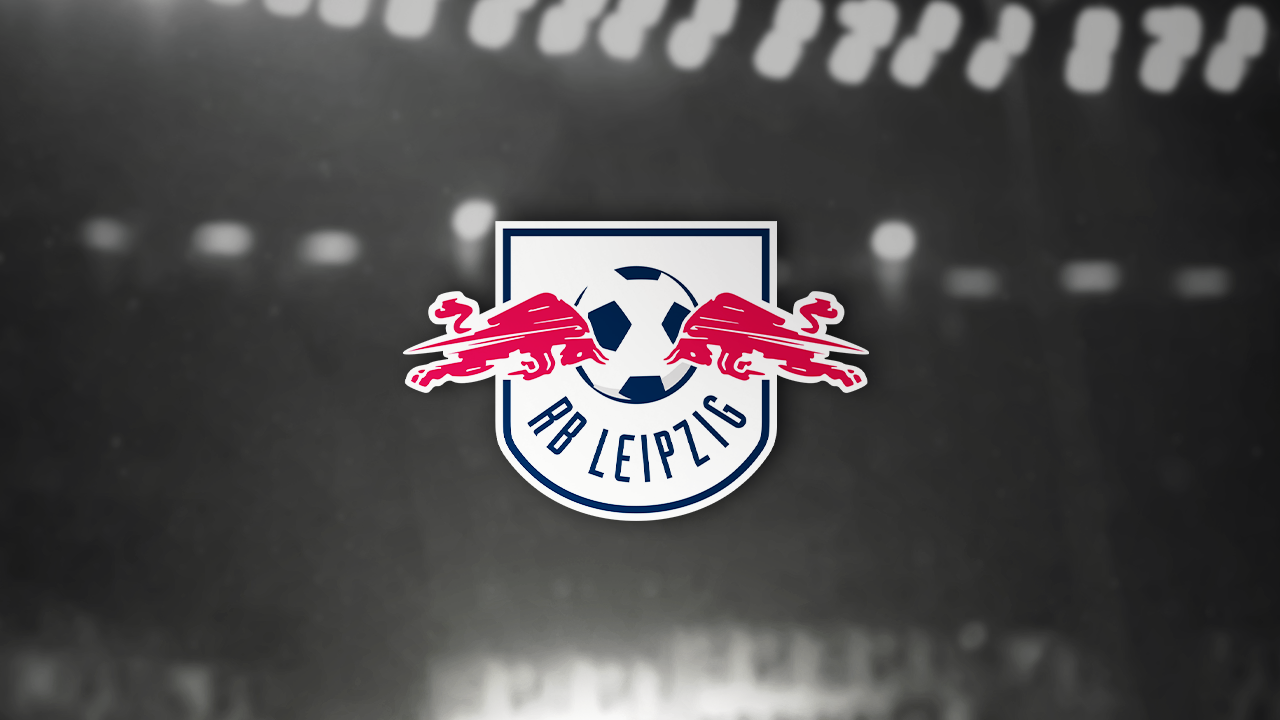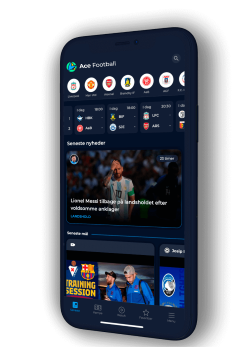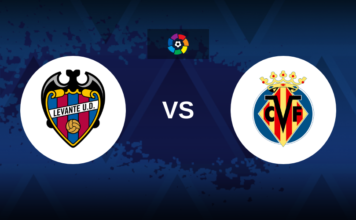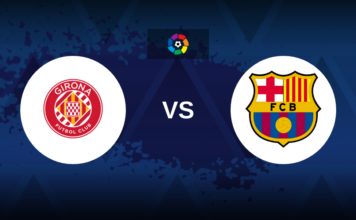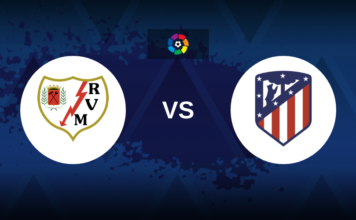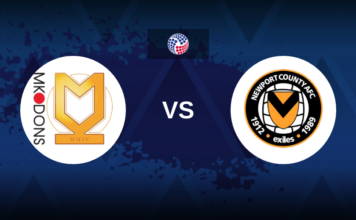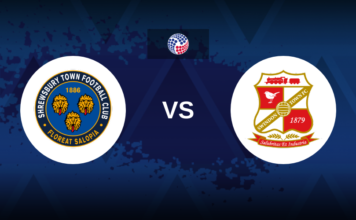Red Bull’s Global Reach: More Than Just Energy Drinks
In 2023, Red Bull sold one and a half cans for every person on the planet, totaling over 12 billion cans annually. However, Red Bull is much more than just an energy drink company. They own two Formula 1 teams, two ice hockey teams, and sponsor thousands of athletes in various extreme sports events. Their extensive marketing budget rivals that of global giants like Nike, Pepsi, and McDonald’s. But unlike these larger companies, Red Bull’s strategy pivots on an extraordinary marketing approach that goes beyond traditional advertising.
The Unlikely Beginning
In the summer of 1982, Austrian businessman Dietrich Mateschitz discovered a local drink called Krating Daeng during a business trip to Thailand. This drink, which helped alleviate his jet lag, inspired him to create a new product category: the energy drink. Mateschitz adapted the formula and launched Red Bull in Austria in 1987. Despite initial skepticism, the brand quickly gained popularity, especially in Germany where it was initially banned, enhancing its outlaw image.
Red Bull’s Marketing Mastery
Red Bull’s success is rooted in its unique corporate structure. The company outsources the production and filling of its cans, allowing it to focus entirely on marketing. Early strategies targeted the club scene, but Red Bull aimed for global recognition. Mateschitz, a sports enthusiast, saw potential in sports marketing but found traditional sports unsuitable for the brand’s edgy image. Thus, Red Bull invented its own extreme sports events, such as the Red Bull Dolomitenmann and Flugtag, aligning the brand with thrilling, high-adrenaline activities.
Dominance in Formula 1
Red Bull’s foray into traditional sports began with Formula 1. Sponsoring driver Gerhard Berger in 1989 and the Sauber F1 team in 1995, Red Bull eventually purchased the Jaguar team in 2004, creating Red Bull Racing. The team has since become one of the most successful in Formula 1 history. This success stems from Red Bull’s ability to generate spectacular content through its extreme sports strategy, which is managed and distributed by its in-house media team.
Entering the Football Arena
Initially, football didn’t fit Red Bull’s extreme sports model. That changed after a conversation between Mateschitz and football icon Franz Beckenbauer in Salzburg, Austria. Beckenbauer advised Mateschitz that investing in football would significantly impact sports marketing. Following this advice, Red Bull acquired the small Austrian club Austria Salzburg, renaming it Red Bull Salzburg. This move marked the beginning of Red Bull’s significant presence in football.
Expanding into Germany: RB Leipzig
Encouraged by Beckenbauer, Mateschitz sought to enter the German football market, purchasing the fifth-tier club SSV Markranstädt and renaming it RB Leipzig. Despite facing opposition, RB Leipzig quickly rose through the ranks to join the Bundesliga within seven years. This success was partly due to Red Bull’s strategy of retaining control by setting high membership fees and maintaining decision-making power.
Building a Football Empire
RB Leipzig is now the centerpiece of a network of Red Bull-owned clubs in Austria, Germany, the United States, Brazil, and Ghana. This multi-club ownership model allows Red Bull to develop talent across different levels, streamlining the transition of players and coaches within the network. This synergy accelerates player development, ultimately strengthening RB Leipzig and generating profits through player transfers.
Controversies and Successes
The multi-club ownership model has its critics. Concerns about conflicts of interest and artificial inflation of player values have led to calls for regulation. However, UEFA and FIFA appear to support this investment model, making it easier for clubs within the same network to compete against each other. Despite the controversies, Red Bull’s approach has proven successful, with RB Leipzig becoming one of Germany’s top teams and regularly competing in the Champions League.
The Future of Red Bull in Football
Red Bull’s involvement in football is not just about marketing; it has evolved into a profitable business. The success of Red Bull Racing in Formula 1 serves as a model for RB Leipzig. The football club generates significant revenue from ticket sales, broadcasting rights, and player transfers. This strategy ensures that even if Red Bull’s football clubs don’t make immediate profits, the overall investment pays off by enhancing the brand’s visibility and appeal.
Red Bull’s innovative approach to sports marketing, from creating a new drink category to pioneering extreme sports and multi-club ownership, has made it a formidable force in the sports industry. This strategy, combining excitement and content creation, continues to drive the brand’s global dominance.
